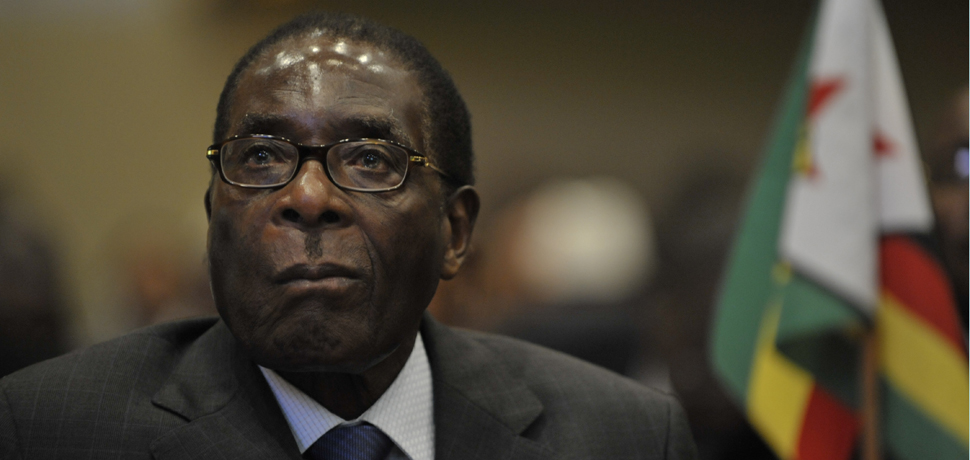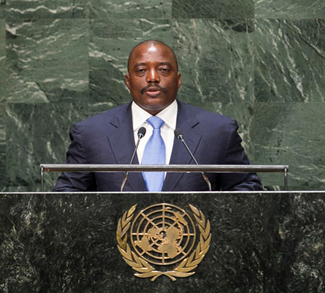Summary
In the month since the coup d’état that put him in power, Zimbabwe’s new President Emmerson Mnangagwa’s government has begun taking shape. Although the end of his predecessor Robert Mugabe’s rule was broadly welcomed by most Zimbabweans, there is little sign that his successor’s palace coup will change the fundamental nature of the regime which has ruled Zimbabwe since formal independence was declared from Britain in 1980. Despite its change of leader, the ruling Zanu-PF party shows little sign of being better able to cope with the dire socio-economic and political situation which Zimbabwe finds itself in ahead of the 2018 general elections. This suggests that the regime will continue to use divide-and-rule tactics and state repression to maintain its hold over the levers of power following Mugabe’s abrupt exit. As a result, a de facto though brittle one-party state will endure in Harare for the foreseeable future.
Background
Hitting the ground running. The biggest political priority for the new Zanu-PF leader will be preparing his recently purged party for general elections scheduled for next year. As such there is little time for Mnangagwa to alter the composition of his new government once it is decided before campaigning begins. At present the biggest battle is over how much representation the military, which brought Mnangagwa to power after he was sacked by Mugabe, will receive in the new regime. Mnangagwa’s close links to the security services were what saved him during the internal party power struggles that ultimately resulted in Zimbabwe’s first post-independence coup. On the other hand, the president is engaged in a tough balancing act between rewarding his military allies and avoiding the impression he is a mere puppet of the armed forces.




